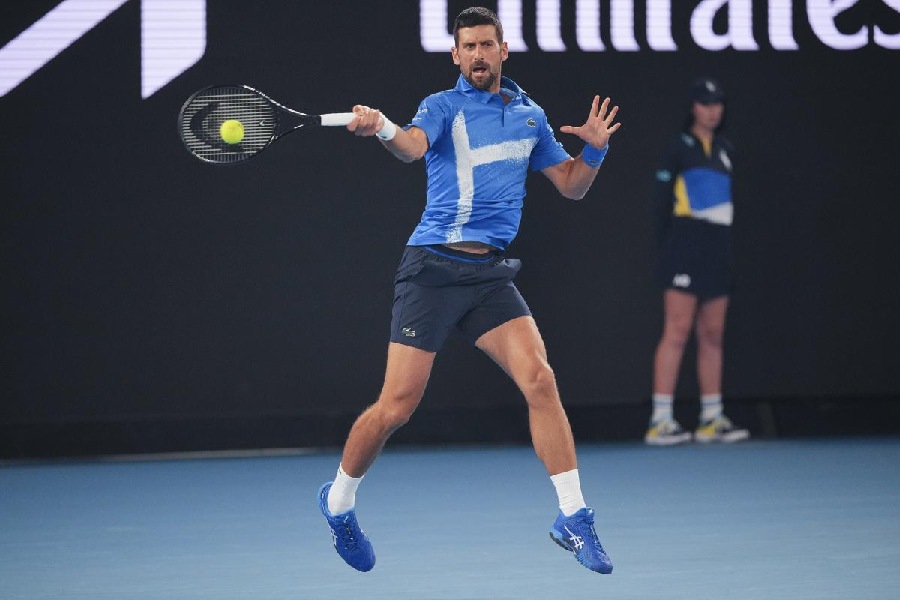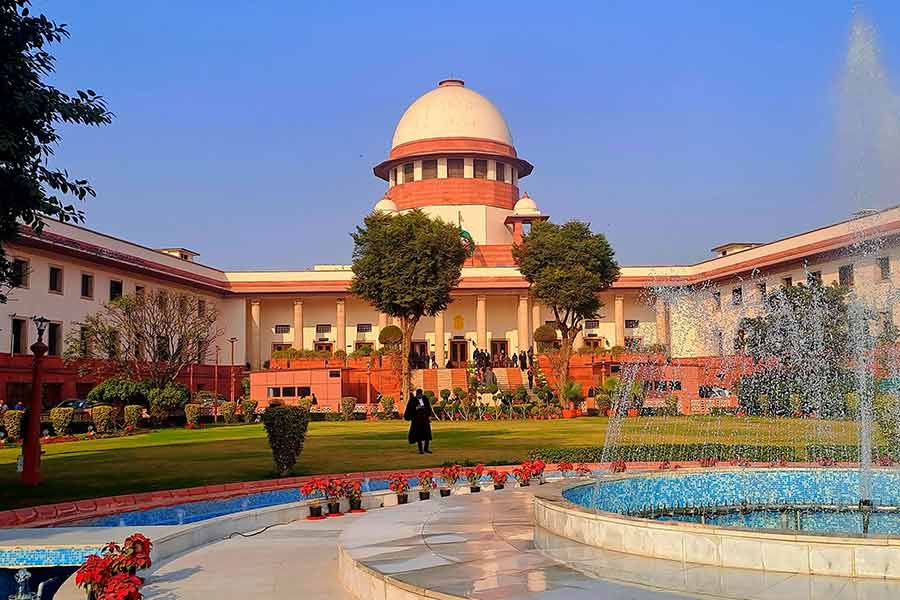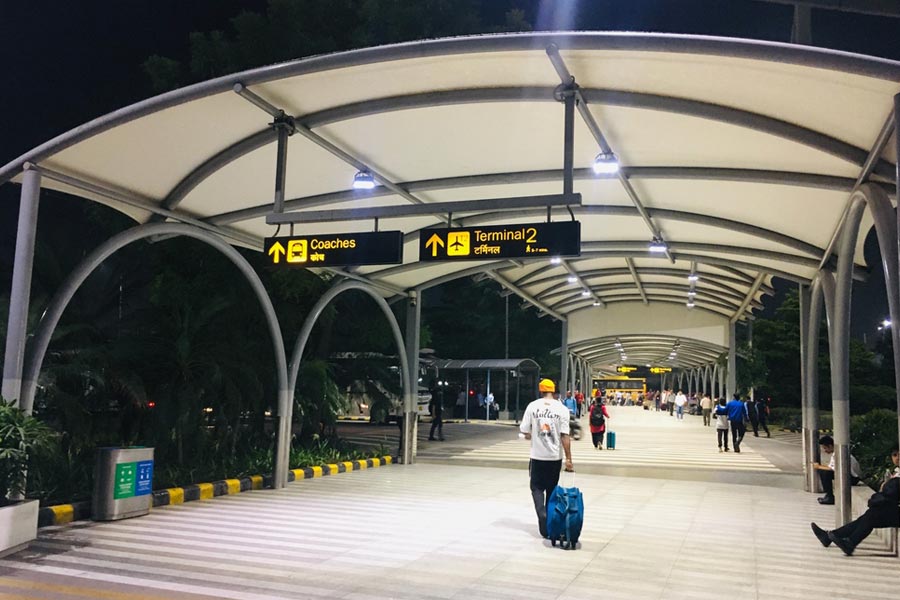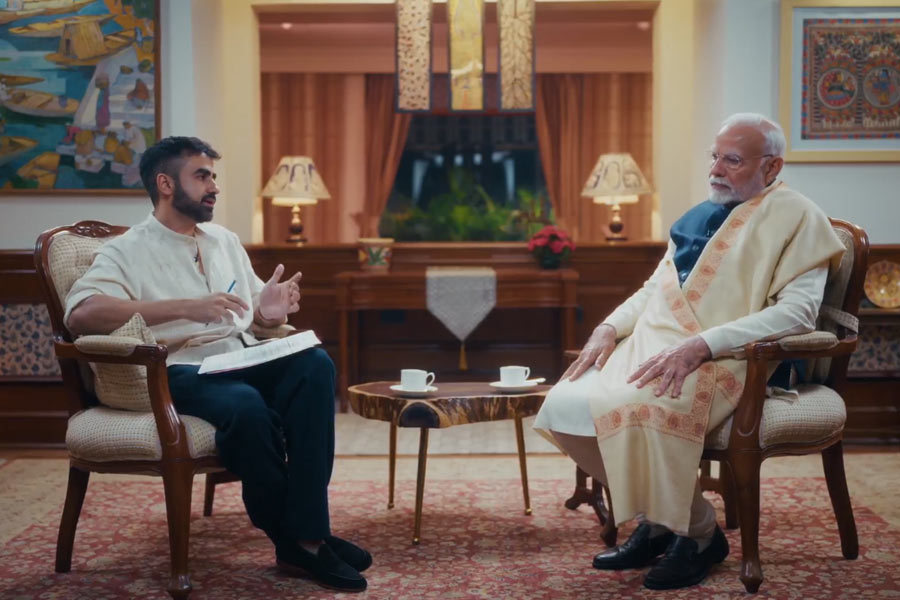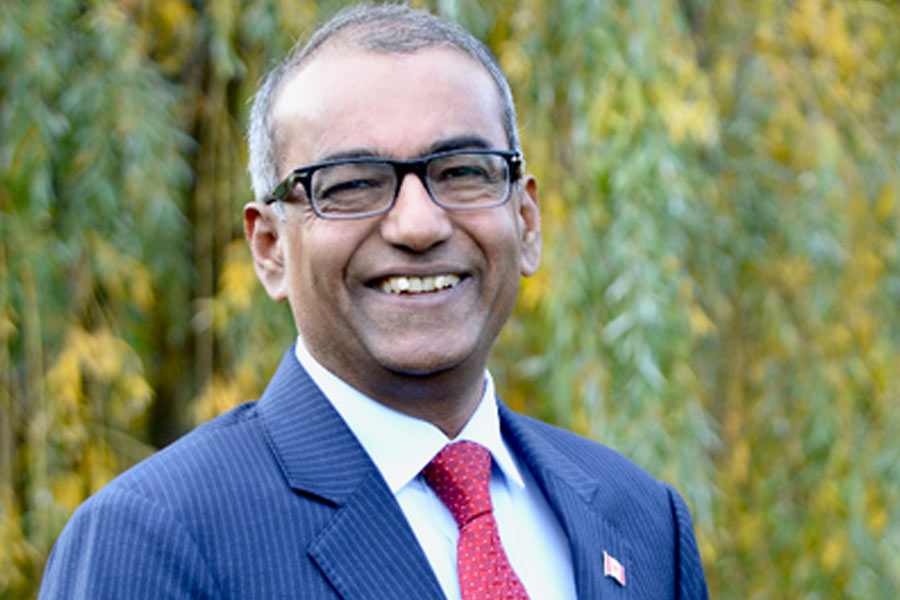Rahul Bajaj, chairman of Bajaj Auto, has always been famously outspoken. In fact, the octogenarian industrialist describes himself as “born anti-establishment” and always ready to call a spade a spade. Now his son, Rajiv, looks set to pick up the torch. “What’s been started by the virus has been compounded by not so smart government action as I see it,” said Rajiv in one of many TV interviews he gave from his home in Pune.
Rajiv, who’s managing director of Bajaj Auto, appeared on screen in a distinctly lockdown outfit: a casual V-necked T-shirt accompanied by pepper-and-salt stubble. Making sure he drove home the point, he added: “The lockdown is a solution looking for a problem.” And, if anyone had any doubt about his views, he added: “The sweeping lockdown makes India weaker rather than stronger in combating the epidemic.”
It’s not difficult to understand where Rajiv is coming from. There’s a global debate on whether lockdowns work or they just prolong the agony, especially in poorer countries like India, and whether it’s better to carry on as normal and wait for what the doctors call “herd immunity” starts working to build resistance to Covid-19. Till then, goes this theory which holds that lockdowns cause more human and economic suffering than Covid-19 itself, older folks and other vulnerable people should be kept indoors and younger, stronger people -- in India, 93.5 per cent of the population is below 65 -- should go about their normal lives. Younger people stand a high chance of developing Covid-19 but the vast majority are likely to get over it. Unpleasant though the virus might be, it would not be fatal for almost all of them.
There’s also the fact that every industrialist sitting in lockdown at home must be consumed by extreme worry about mounting losses. All they can do is tot up the grim numbers and figure how costs can be slashed by desperate measures such as dismissing workers, exiting contracts by claiming “force majeure” and postponing projects.
Rajiv, like his father and unlike his peers, doesn’t hesitate to give vent to what’s on his mind. He’s impatient to get the production line rolling again and have his company’s motorbikes and scooters zipping along India’s roads.
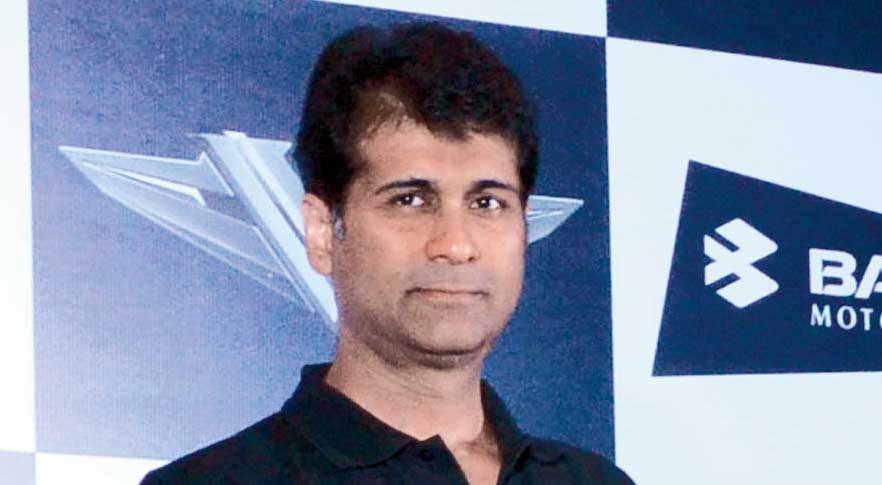
“The lockdown is a solution looking for a problem,” said the outspoken Rajiv Bajaj, MD of Bajaj Auto, in a recent television interview. File picture
Do Rajiv Bajaj’s views reflect a consensus in Indian industry? That’s far from certain. Every businessperson is dismayed at having to close down their factories and watch industrial production screech to a halt. They fear even more that the Indian consumer will, in the coming months and years, be a different beast, afraid to spend because of the uncertain times. In fact, they fear a prolonged shutdown will result in job losses and a devastated economic landscape in which they will not be able to sell their wares.
There are more cautious voices in industry who don’t agree with Rajiv. Chennai-based M. M. Murugappan, executive chairman of one of the nation’s biggest conglomerates, the Murugappa Group, made a 15-minute broadcast in which he advocates caution above all. “We must cooperate and adhere to all the public health norms and the policies set out by the government, both at the Centre and states. This is absolutely essential. If we don’t follow this, we are doing a great disservice to our business, the entire nation and to our fellow human beings.”
There’s worry that adopting a herd immunity approach would lead to huge waves of people getting infected and overwhelming the health care system, which in India is extremely rickety, before population resistance to the virus kicks in.
Murugappan didn’t soft-pedal what lies ahead for Indian industry, saying he expected the first quarter of 2020-21 to be a washout and that the second quarter could be a time of getting back into operating mode. He said he hoped the “third and fourth quarter could be better,” but added, “I think India’s GDP growth could be zero, though statistics show it could be 1 per cent.” The most important advice he offered his fellow businessmen was to make sure they have cash in hand. Says Murugappan: “We have to conserve cash resources. It is a common saying that cash is king. In my view, cash is the emperor, not just king.”
Rajiv Bajaj is luckier in other ways than many others at the top of Indian industry. Bajaj Auto’s cash reserve stood at a massive Rs 17,407 crore in December. That should ensure his company stays on the road, even if the pandemic has a crushing impact on big business. Also, while nobody quite knows which companies in Indian industry will survive this pandemic-driven downturn, it’s thought the two-wheeler industry has slightly brighter prospects than many others. On one hand, people who want to avoid public transport may opt to buy a two-wheeler. And on the other, people suddenly feeling the pinch of wage cuts or just of uncertainty, may decide against buying the small car they were eyeing and opt for a two-wheeler.
Still, the fact is that we’re embarked on an uncharted course. Rajiv Bajaj would like to hope for the best and get on with it. He’s put his views on the table but the brutal truth is that nobody has the slightest idea how the pandemic will play out and whether he’s right or not.


